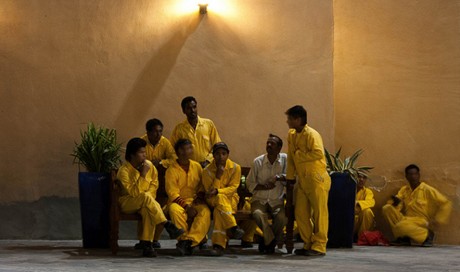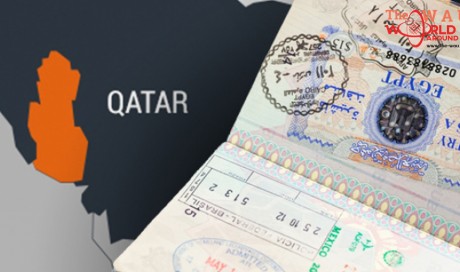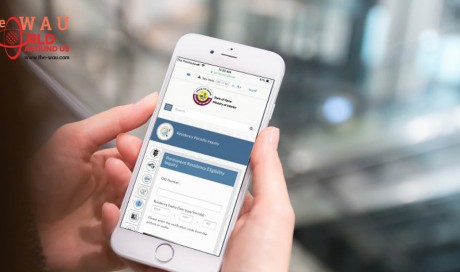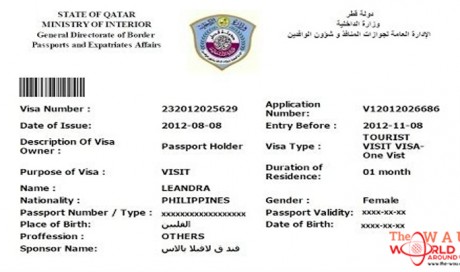The telecommunications sector is regulated by ictQATAR. The country's primary service provider is Qtel, a state-owned company that is also responsible for building much of the country's telecom infrastructure.
A number of private companies, including Vodafone and Virgin Mobile, operate within Qatar under the Telecommunications Law.
he Telecommunications Law applies to all persons, corporations, government agencies and public authorities. It does not, however, apply to broadcasters subject to other laws, the content of Internet Protocol telecommunications, the Armed Forces and Ministry of the Interior, or security bodies.
There are three classes of telecom licenses in Qatar:
Individual
Class
Radio Spectrum.
It is illegal to engage in public telecom without a license.
The primary objectives of Qatar's Telecom Law include:
Ensure the telecom sector meets international rules and regulations.
Facilitate the consolidation of national, social and economic development.
Encourage competition and advanced information technology
Safeguard customer benefits by addressing anti-competition practices through fair, non-discriminatory and transparent licensing systems.
OFFENCES AND PENALTIES
Telecom offences and their attendant penalties are found in Chapter 16 of the Telecom Law. Offences outlined include:
Deliberate destruction of telecom infrastructure.
Use of telecom facilities without pay.
Penetration of security measures or wiretapping into telecom services that are not meant for public use.
Damage on the operation of any telecom network.
Use of telecom network for purposes of irritating or offending any person.
Import or manufacturing of telecom equipment for the purpose of marketing it.
Possession, installation or operation of any unauthorized radio telecom equipment.
divulgence of information about a telecom institution leading to unfair competition.
Penalties for these and other offences range in jail time and monetary fines.
CONSUMER PROTECTION
The Telecommunications By-law No. (1) of 2009 forbids service providers from charging customers for services other than what is outlined in customer orders, agreed service terms or other written customer directions.
Bills issued by service providers must be:
In easy and simple format.
Issued at least once every three months (free of charge).
In paper form, or electronic form if the customer consents to it.
Provides accurate information the services provided, amounts owed, incurred tariffs, lengths or calls or other measures of usage.
The law mandates telecom companies to take all reasonable steps to protect the confidentiality of customer communications and information. However, it does not prohibit authorized government bodies from accessing that information.
A copy of the Telecommunications Law of Qatar is available for download.
Share This Post















